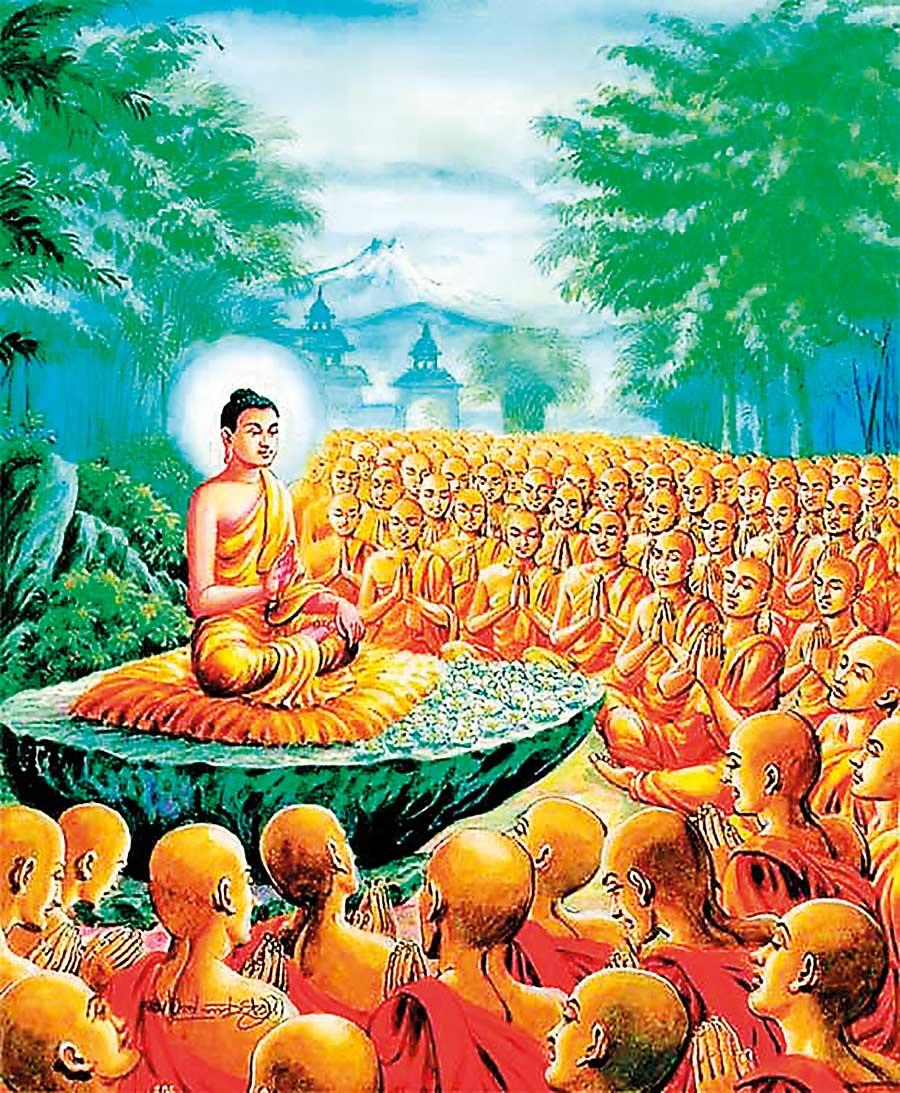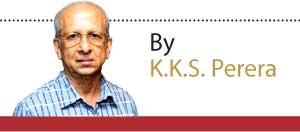07 Nov 2022 - {{hitsCtrl.values.hits}}

“My Parents had given me early religious impressions, and brought me through my Childhood piously in the Dissenting Way. But I was scarce 15 when, after doubting by turns of several Points as I found them disputed in the different Books I read, I began to doubt of Revelation itself.Some Books against Deism fell into my Hands; they were said to be the Substance of Sermons preached at Boyle’s Lectures. It happened that they wrought an Effect on me quite contrary to what was intended by them: For the Arguments of the Deists which were quoted to be refuted appeared to me much Stronger than the Refutations. In short I soon became a thorough Deist”. --Benjamin Franklin, writer, scientist, inventor, statesman, diplomat and founding father of USA –[Part I, p. 45 of autobiography]
the Dissenting Way. But I was scarce 15 when, after doubting by turns of several Points as I found them disputed in the different Books I read, I began to doubt of Revelation itself.Some Books against Deism fell into my Hands; they were said to be the Substance of Sermons preached at Boyle’s Lectures. It happened that they wrought an Effect on me quite contrary to what was intended by them: For the Arguments of the Deists which were quoted to be refuted appeared to me much Stronger than the Refutations. In short I soon became a thorough Deist”. --Benjamin Franklin, writer, scientist, inventor, statesman, diplomat and founding father of USA –[Part I, p. 45 of autobiography]
Rituals Destroy Buddhism
We have on numerous occasions criticized the over-ritualization of Buddhism in Sri Lanka. What is taking place today to the Buddhist religion in this thrice blessed island is a sad tale of catastrophic disaster. Ven. Nayake Bikkhus, supported by power hungry Sinhala political leaders have over emphasized the practice of rituals, while the junior members of the sasana engage in all sorts of vices. The spread of the perfect Dhamma has been ignored or disregarded in giving prominence to the observance of traditional as well as new innovative ritualistic ideas.
Politicians lining up at abodes of Maha Nayake theros carrying elegantly packed Atapirikara and fruit baskets along with their media crew for photo-opportunities in showing them offering flowers at temples or tying ‘pirith nool’. [the latest introduction by mushrooming unscrupulous businesses have introduced a Solos Pirikara, (16 items), with slippers packed on top of robes].
These politicos engage in foolish, superstitious practices such as dashing coconuts to persuade deities with vengeance against their opposing elements. They erect statues of the Buddha wherever possible, even provoking believers of other faiths, and in total disagreement with pristine Dhamma. Buddha would have condemned of these activities. Unfortunately like in Katina, which is supposed to be the number one in the so-called Great Merits list compiled by interested individuals, building statues is also one of the ‘Ata Mahal Kusal’ [Eight Great Merits] that Buddhists are advised to follow. All those items in that merits list recommended by monks are intended to profit themselves. All that is part of the scam.
The spread of the perfect Dhamma has been ignored or disregarded in giving prominence to the observance of traditional as well as new innovative ritualistic ideas
Politics and Buddhism
The Buddha never resorted to manipulate political power through influence. He did not allow his teaching to be misused or distorted for political power. Today, most of our politicians try to draw Buddhism into politics. There is an inherent attempt of trying to combine religion with politics. The foundation of religion is morality, purity, and faith; while that for politics is power and authority. In the course of history, religion has frequently been used to give legitimacy to those in authority, power and control. When religion is used to spread political whims, it loses its great moral ideals.
What we good Buddhists should continuously urge is the search of truth through ‘mindfulness, compassion, kindness, and wisdom.
Science did exist in its elementary form among primitive people in the East, though modern thinkers believed it’s only the Greek/Western philosophers attempted to comprehend what happened in nature. The Greeks did not accept the religious tradition without censure. Instead of repeating them strictly, they commenced deliberations and challenged tradition. They sometimes even created a new myth in place of old ones; they invented new traditions, with an attitude of discussing them and taking a critical approach towards myths. The Buddha emphatically advised the people to challenge. The Buddha’s character and life symbolizes the critical and mystical attitude he adopted. He challenged the Vedic customs. Destroyed the myths and animal sacrifice. While criticizing, the Brahminical theory of the individual soul, he gave a new and more daring analysis based on his own spiritual experience, to the concept of God.
The concept of rebirth, an aspect of the prevailing traditions of his time — he accepted without inquiring. He focused on and discovered a way of becoming perfect or a way of escaping from the ceaseless sequence of births and deaths.
In Kalama Sutta -- Annguttara Nikaya, Buddha emphasized the non acceptance of dogmatism, fanaticism, bigotry, and intolerance, and encouraged free inquiry.
A good Buddhist does not dilly-dally in questioning and even criticizing the message of the Nayake priest or his decision and the preaching
“Accept nothing on the authority of tradition”. “Do not accept anything because you think it ought to be so; Do not accept anything on the authority of tradition handed down by the older generation; Do not accept anything because it is rational; Do not accept anything because of its agreement with the doctrines of your books; Do not accept anything because it is logical; Do not accept anything because it is said by an ascetic whom you are bound to honour. Do not accept anything because it agrees with your own pet view; To challenge tradition.”
“The deepest crux of these negative effects on the individual may be summed up as a profound loss of freedom. By accepting a belief that one does not oneself actually see as true, the mind is thereby prevented from discovering truth as it actually is. If you discern the falseness of organized belief, that through any particular belief you cannot understand reality, nor through any authority whatsoever can intelligence be awakened, then you as individuals, not as an organized group, will free yourselves from this destructive imposition.”- Jiddu Krishnamurthi
A good Buddhist does not dilly-dally in questioning and even criticizing the message of the Nayake priest or his decision and the preaching. Erudite Bikkhus boldly disapprove many accepted dogmas of Buddhism, and both the learned and the average person freely disapprove the contemporary temple observances. For the protection of stability and progression of a nation, society and even in a family, tradition is very essential. No nation or a society will endure as an integrated whole, if its customs and practices are completely wiped out. But a rigid tradition, at the same time, would develop into an evil, like decomposition that arrests evolution and will slowly extinguish a nation.
In Kalama Sutta -- Annguttara Nikaya, Buddha emphasized the non acceptance of dogmatism, fanaticism, bigotry, and intolerance, and encouraged free inquiry
What we good Buddhists should continuously urge is the search of truth through ‘mindfulness, compassion, kindness, and wisdom
We can avoid such breakdown, and at the same time avert the disturbing consequences, if we can resuscitate the critical theory of tradition accessible to us by Buddhism. This we see in Europe, as result of the entire denunciation of religious tradition by the intellectuals.
In understanding the truth, it necessitates that we take nothing for granted; that we agree nothing on faith or belief. Question everything about ourselves, practice with conscientiousness and honesty. Challenge our most basic opinions and convictions, even those we may have about the Dhamma itself; a spirit of curiousness, a spirit of critical scrutiny that is what Buddha stressed in Kalama Sutta.
“Do not accept any doctrine from reverence, but first try it as gold is tried by fire”–Lord Buddha
Writer can be contacted at – [email protected]
25 Apr 2024 56 minute ago
25 Apr 2024 2 hours ago
25 Apr 2024 3 hours ago
25 Apr 2024 4 hours ago
25 Apr 2024 8 hours ago